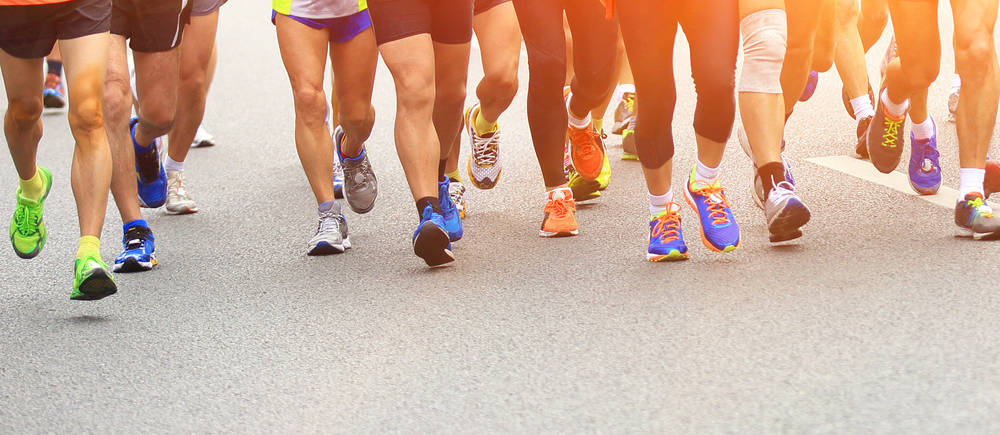When it comes to athletic performance, many factors come into play: training, nutrition, and mindset. Yet, one crucial element often overlooked is hydration. Proper hydration is not just about drinking water; it's about maintaining the delicate balance of fluids in your body to optimize your physical and mental capabilities. In this article, we'll explore the importance of hydration for athletes and strategies to stay at the top of your game.
The Significance of Hydration
1. Temperature Regulation:
During exercise, your body temperature rises. Sweating is the body's natural cooling mechanism. Proper hydration ensures an adequate supply of sweat, helping regulate temperature and prevent overheating.
2. Muscle Function:
Dehydration can lead to muscle cramps and fatigue. Muscles are more prone to injury when they are not well-hydrated, affecting your overall performance.
3. Energy Levels:
Water is essential for the transport of energy-producing nutrients, such as glucose, to your cells. Dehydration can lead to decreased energy levels and diminished endurance.
4. Cognitive Function:
Hydration impacts cognitive abilities. Dehydration can lead to impaired focus, decision-making, and coordination, all critical for athletic success.
Hydration Strategies
1. Pre-Hydration:
Start your day with a glass of water. Before workouts or competitions, aim to consume 16-20 ounces of water at least 2-3 hours beforehand.
2. During Exercise:
During prolonged exercise, aim to drink 7-10 ounces of water every 10-20 minutes. Sports drinks containing electrolytes can be beneficial for intense, long workouts.
3. Post-Exercise:
Rehydrate after exercise. For every pound lost during exercise, drink 16-24 ounces of fluid.
4. Monitor Urine Color:
Your urine color can be a good indicator of hydration. Pale yellow to light straw indicates proper hydration, while dark yellow or amber signals dehydration.
Conclusion
Hydration is a fundamental aspect of athletic performance. To stay at the top of your game, prioritize proper hydration. Remember that individual hydration needs vary, so pay attention to your body's signals and adjust your fluid intake accordingly. By staying well-hydrated, you'll enhance your body's ability to perform optimally, improve endurance, and maintain mental focus, all essential for reaching your athletic goals.
